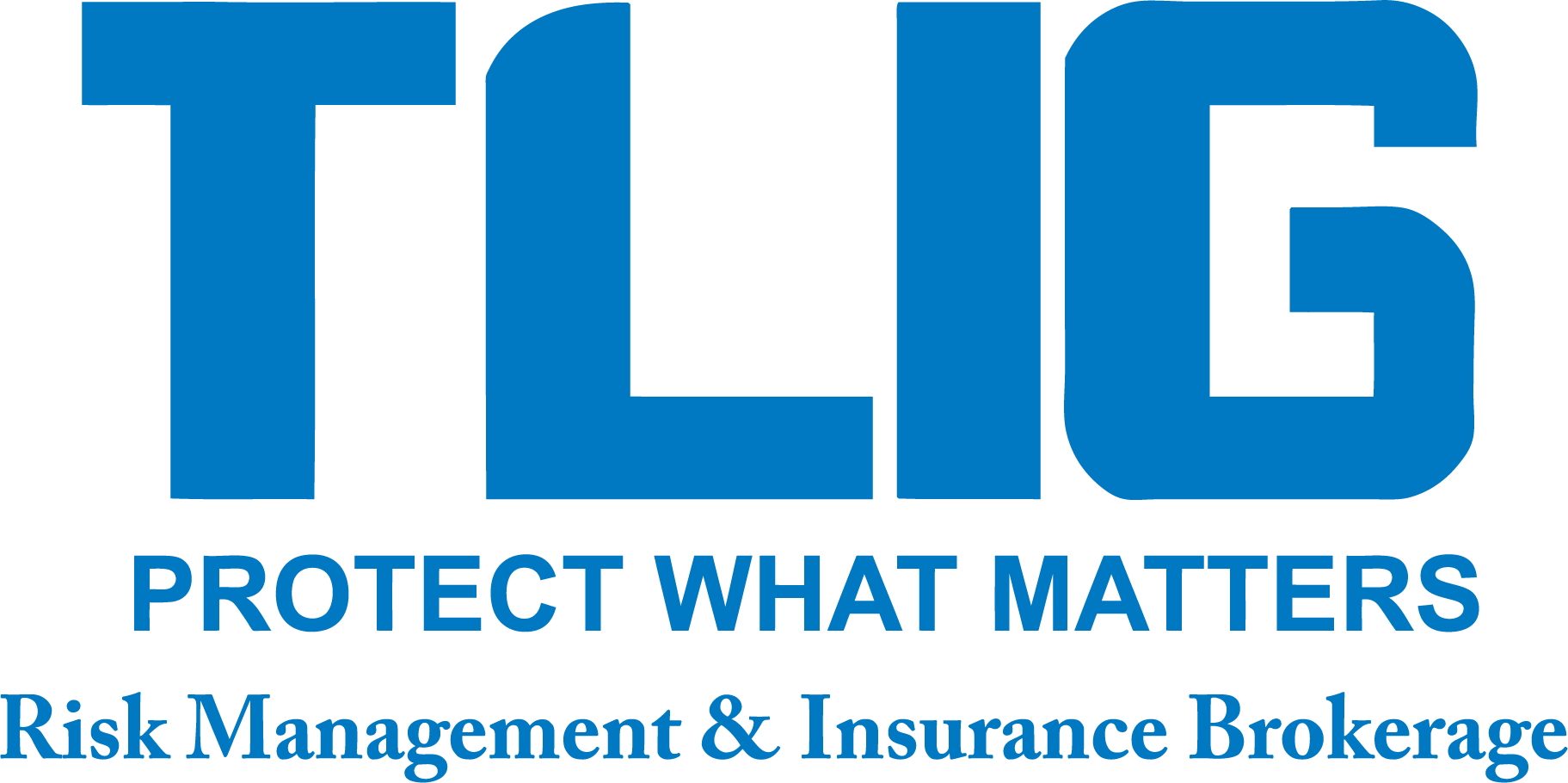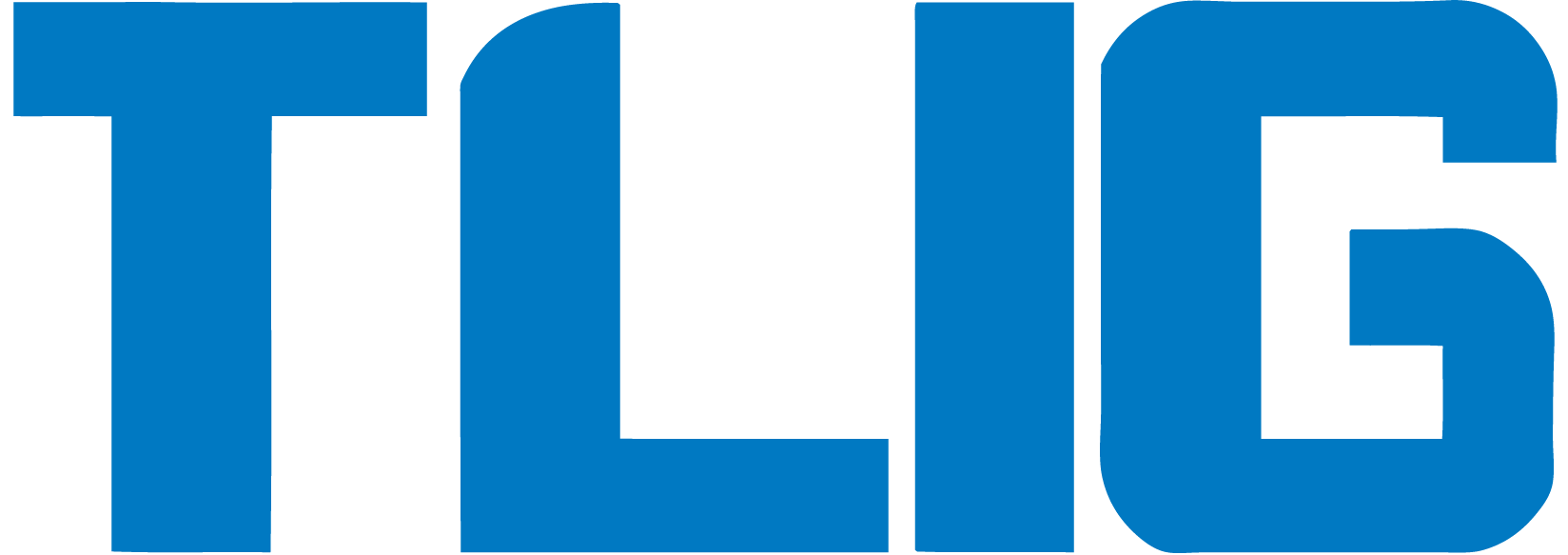Most Americans view auto insurance as necessary to protect against the costs of a car accident. Likewise, it’s common knowledge that homeowners insurance helps families rebuild their lives and homes. An “umbrella” policy is not as well known, but anyone who owns a home or any assets should consider buying it.
Umbrella liability insurance covers you in many situations if you are held responsible for bodily injury, property damage, or personal injury. The product got its name because it adds a higher level of protection above auto, homeowners and boat policies, which are “primary” policies. Umbrella coverage kicks in after primary insurance is exhausted. What’s more, an umbrella policy offers primary coverage for losses not covered by other insurance.
Typically, insurance agents sell an umbrella policy in conjunction with auto and homeowners coverage. You can usually add $1 million-plus of liability insurance for a few hundred dollars per year, and a multiple-policy discount often can be had.
One tactic insurance pros suggest: raise deductibles on auto and homeowners policies, and use the premium savings to pay for umbrella coverage.
What does primary insurance pay for? Liability insurance under auto and homeowners policies pays expenses (for example, an injured person’s medical care, rehabilitation and lost wages) because the policyholder was at fault through negligent actions. Liability coverage also pays for costs of defending against a claim or lawsuit.
It’s common for a driver, vehicle owner, homeowner, or boat operator/owner to be held responsible for someone else’s injuries, property damage, lost wage and/or expenses. An at-fault driver also can be held liable for personal injury (which is distinct from bodily injury), including psychological injury such as “pain and suffering.”
What does umbrella coverage do? The umbrella is a shield to protect an individual from having to tap into savings or sell assets to pay a judgment or claim. The umbrella policy keeps the hands of the claimant from the personal, family and business assets of the negligent person.
Intoxicated drivers leaving a party at your home, dog bites, and the neighbor kid falling off the trampoline– these incidents can cause financial losses. Even lending a friend a ski house or lake house for the weekend can create a claim. A tree in your yard that blows over in a storm and crushes the neighbor’s car is another example. A home-based business that requires visitors to come to your house may create a loss that’s excluded from homeowners coverage.
But all these incidents may cause bodily injury, personal injury and loss of wages. These losses might exceed (or be excluded from) primary insurance limits and coverages.
Who should consider an umbrella policy? Most homeowners should consider an umbrella, but especially those active in community affairs. Serving in civic, charitable, and religious organizations can lead to conflicts, claims, and even lawsuits. Even if a lawsuit is thrown out of court, you still must defend yourself. Umbrella liability coverage picks up these costs, whether or not a person is actually found to be liable. Defense costs generally are covered in addition to the liability limits of the umbrella policy.
Conversely, a person might face a damaging situation such as a false arrest or imprisonment, defamation, invasion of privacy, wrongful entry, eviction or malicious prosecution. Most will want to defend themselves, but will face legal and other costs to do so. Homeowners coverage won’t cover it; umbrella coverage can.
TLIG is a local Trusted Choice® agency that represents multiple insurance companies, so it offers you a variety of personal and business coverage choices and can customize an insurance plan to meet your specialized needs.
Visit us online at www.tligins.com or call them at (434) 582-1444.

